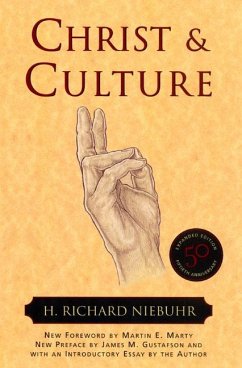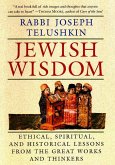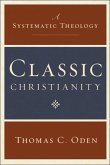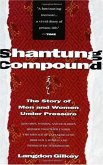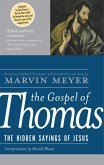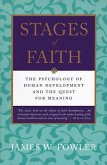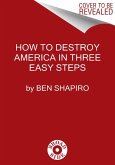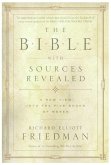The following essay on the double wrestle of the church with its Lord and with the cultural society with which it lives in symbiosis represents part of the result of many years of study, reflection and teaching.
This 50th-anniversary edition, with a new foreword by the distinguished historian Martin E. Marty, who regards this book as one of the most vital books of our time, as well as an introduction by the author never before included in the book, and a new preface by James Gustafson, the premier Christian ethicist who is considered Niebuhr's contemporary successor, poses the challenge of being true to Christ in a materialistic age to an entirely new generation of Christian readers.
Hinweis: Dieser Artikel kann nur an eine deutsche Lieferadresse ausgeliefert werden.
This 50th-anniversary edition, with a new foreword by the distinguished historian Martin E. Marty, who regards this book as one of the most vital books of our time, as well as an introduction by the author never before included in the book, and a new preface by James Gustafson, the premier Christian ethicist who is considered Niebuhr's contemporary successor, poses the challenge of being true to Christ in a materialistic age to an entirely new generation of Christian readers.
Hinweis: Dieser Artikel kann nur an eine deutsche Lieferadresse ausgeliefert werden.

